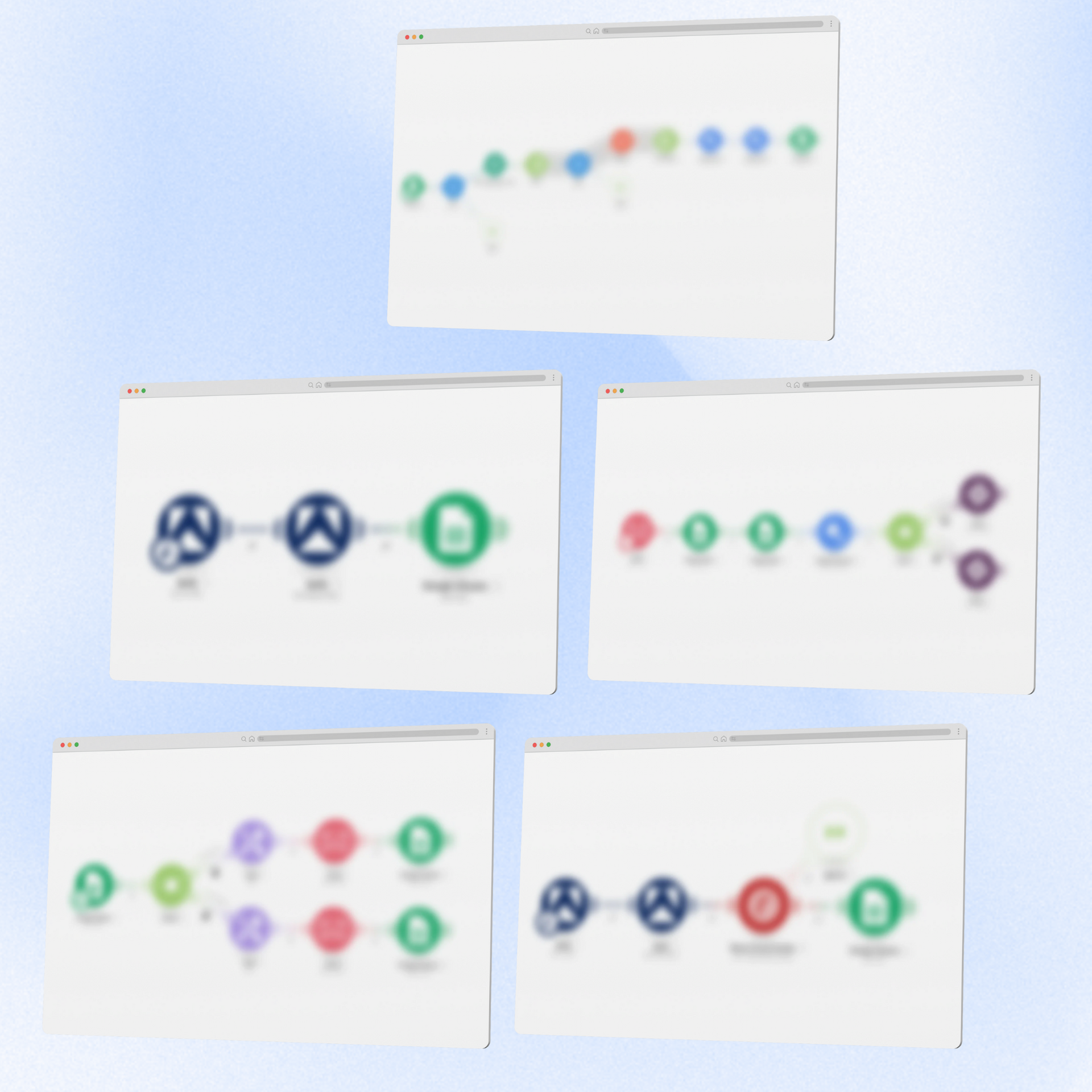Stay up-to-date with AI
The Rundown is the most trusted AI newsletter in the world, with 1,000,000+ readers and exclusive interviews with AI leaders like Mark Zuckerberg, Demis Hassibis, Mustafa Suleyman, and more.
Their expert research team spends all day learning what’s new in AI and talking with industry experts, then distills the most important developments into one free email every morning.
Plus, complete the quiz after signing up and they’ll recommend the best AI tools, guides, and courses – tailored to your needs.
Good morning! It is November 1, 2024, today. We have a jam-packed newsletter with exciting AI developments, from ChatGPT's new live web search feature to Google's generative AI updates for Maps. Let's dive into the latest news!

Credit: The Verge
1. ChatGPT Now Offers Real-Time Web Search to Paid Subscribers
OpenAI has introduced web search capabilities within ChatGPT for paid users, with broader access coming soon. This feature uses Bing technology and includes an interactive sources sidebar, allowing users to verify information easily. By accessing real-time data, ChatGPT aims to reduce inaccuracies, especially in areas like election information. Currently ad-free, the feature fills a competitive gap with Google and Microsoft, and OpenAI is managing partnerships with publishers to responsibly use their content.

Credit: Google
2. Google Maps and Earth Gain New Generative AI Tools
Google has added generative AI features to Google Maps and Google Earth, helping developers integrate real-time place data into applications and enabling urban planners to analyze city-level insights rapidly. "Grounding with Google Maps" offers up-to-date data on 250 million locations, and Rivian will soon feature AI summaries on in-car screens. In Google Earth, AI now enables quick visualization of data, like EV charger placements across zip codes. Sign-ups for testing are open.

Credit: Reuters
3. China Develops Military AI Tool Using Meta’s Open-Source Model
Chinese researchers linked to the People’s Liberation Army have adapted Meta’s Llama model to create "ChatBIT," an AI tool for military applications like intelligence analysis. Meta’s open-source model policies aim to restrict military use, but enforcing these limits remains challenging. The project underscores U.S. concerns over open-source AI’s dual-use risks, with President Biden recently addressing these in an executive order. Analysts warn that China’s growing AI capabilities could narrow the technology gap with the U.S.

Credit: Google
4. Google’s ChromeOS 130 Brings New AI Tools and Productivity Features to Chromebooks
ChromeOS update 130 is live, featuring Quick Insert for adding emojis, GIFs, or recent links, Focus Mode to manage distractions, and Welcome Recap to easily reopen recent tasks. Chromebook Plus models get exclusive upgrades, like an AI-powered recorder and enhanced camera features. Samsung’s Galaxy Chromebook Plus is the first to introduce a single-button activation for Quick Insert, with more devices set to follow.

5. Decart Launches Oasis, the Next Big Step in Real-Time AI Experiences
Drawing comparisons to Google’s early innovations, Decart has launched Oasis, a real-time AI video model designed to unlock AI’s potential with groundbreaking efficiency. Co-founders Dean Leitersdorf and Moshe Shalev have deep experience in distributed computing and military operations, driving Decart’s innovations in training and inference optimization. This launch marks a significant step in real-time AI interactions, with Sequoia leading the company’s seed round to further its mission of redefining AI infrastructure and experiences.

6. Meta’s Llama 4 Model Trains on Record-Breaking AI Cluster with 100,000+ GPUs
Meta is training its new Llama 4 model on a massive cluster of over 100,000 H100 AI GPUs, marking one of the largest AI infrastructure deployments to date. Llama 4 is expected to bring enhanced reasoning, speed, and multi-modal capabilities as Meta competes with tech giants like Microsoft and Google. However, the immense energy demand from these clusters raises sustainability concerns, prompting companies, including Meta’s rivals, to explore nuclear options for more efficient power solutions.
How would you rate today's newsletter?
Stay tuned for more updates, and have a fantastic day!
Best,
Zephyr






